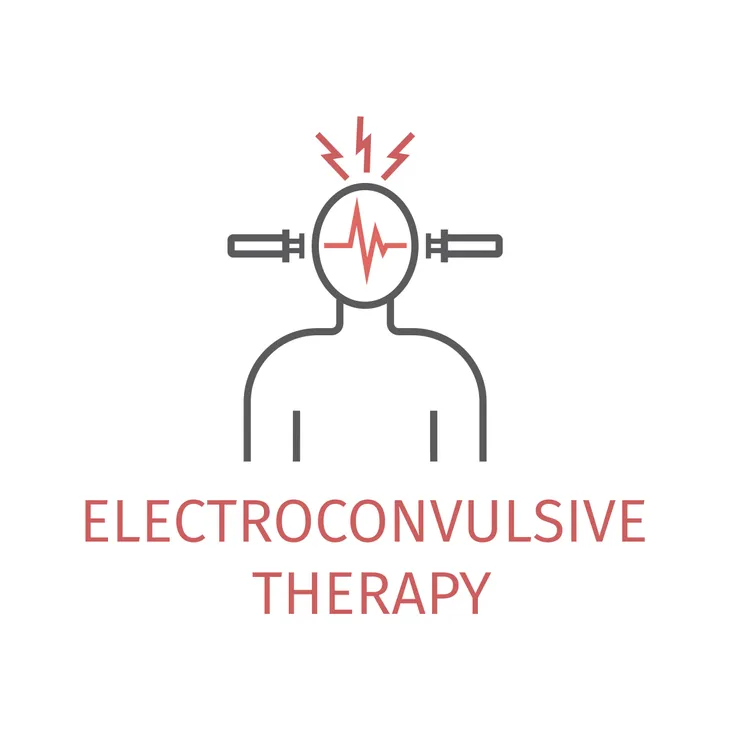People often throw around the words “nervous breakdown” to describe a reaction to stress, but what does that term really mean? The reality is that while it is still commonly used, it’s actually an outdated term that refers to a number of mental conditions, points out Medical News Today.
Basically, a nervous breakdown refers to when someone is temporarily unable to function in their daily lives due to “emotional or physical stress,” adds the source. Let’s take a closer look at 13 things to know about so-called nervous breakdowns…
Defining a Nervous Breakdown
A “nervous breakdown” is a term rooted in history, and although vague, can point to a number of mental ailments. The key definition, as we mentioned, is that a person suffering a nervous breakdown is not able to carry out day-to-day functions due to “intense mental distress,” notes Healthline.com.
The source says it was once a catchall phrase to describe depression, anxiety, and acute stress disorder. It’s no longer formally recognized as a medical term, but it’s still so widely used that it’s worth exploring further.
Mental and Physical Link
While a nervous breakdown is commonly thought of in mental and emotional realms, there are very real physical manifestations of mental stress.
NativeRemedies.com explains that a nervous breakdown can impact a person physically through disrupted sleep, diarrhea, constipation, migraines, lowered libido, irregular menstrual cycle, and changes in appetite.
Emotional Signs of a Nervous Breakdown
The same source discusses the psychological impacts – these can include agitation and restlessness, depression, loss of confidence and self-esteem, feelings of guilt, and disinterest in socializing.
A nervous breakdown can also lead people down a path to addiction as they start to use substances more often to manage their emotions. It can also cause flashbacks to a traumatic event, and can also be accompanied by “thoughts of dying,” or no longer wanting to exist, it notes.
Warning Signs of a Breakdown
They may be some telltale signs that you’re heading for a full-blown nervous breakdown. Women’s Health says that you may be at risk if you find yourself withdrawing from “normal activities,” or you’re only able to deal with “the bare essentials” of everyday life.
A person approaching a breakdown may also be more “emotionally volatile,” because emotional reserves are running low and the person can be more easily overwhelmed, it adds.
What Triggers a Breakdown?
The main culprit behind a nervous breakdown is excessive stress, and that could be the result of a sudden traumatic event or something that builds over time, explains BridgesToRecovery.com.
There can be many reasons a person becomes overwhelmed by stress; it can be from pressure at work, caring for an aging parent, taking on too many tasks, losing a loved one, or even being abused, it notes. A person who has not developed effective coping skills is more likely to have a nervous breakdown than someone who experiences the same stressors, it adds.
It’s Not the Same as a Panic Attack
Sometimes people will use these two terms interchangeably, but in reality they’re not the same thing, explains Huffington Post. The source says panic attacks come on suddenly and often without warning, and have extreme symptoms that include shaking and feelings you’re going to die (even though there’s no actual danger).
A nervous breakdown is “a broader umbrella term associated with nervous exhaustion or burnout,” adds the source. However, it may be fair to refer to a panic attack as a type of nervous breakdown, it notes.
What Makes a Person At Risk of a Breakdown?
As we mentioned earlier, if you have poor coping skills – including if you self-medicate to deal with stress rather than using exercise or breathing techniques – then you may fall victim to a nervous breakdown more easily than someone with better stress management.
However, there are a number of factors that can increase the likelihood of someone having a nervous breakdown. MedicalNewsToday.com says risk factors include traumatic experiences, extreme grief, isolation, dealing with chronic medical conditions, high-stress jobs, or a family history of mental health conditions.
Is There a Treatment for a Nervous Breakdown?
Although a nervous breakdown is not a true medical diagnosis, “it is a genuine mental health situation that needs to be taken seriously and treated,” explains BridgesToRecovery.com. However, some people experiencing a breakdown also don’t have the ability to ask for help, and this is when it’s important for friends and family to recognize the signs, says the source.
Treatment for a nervous breakdown, which is a mental health crisis, could involve being admitted to a residential treatment facility to help the patient focus on recovery and not the causes, it explains. Treatment in these facilities could include psychotherapy, relaxation techniques, and sometimes acupuncture or art therapy. In some cases, a patient may need to seek emergency care if they’re having an emotional outburst or being violent (or mentioning suicide), or suffering from hallucinations, it adds.
When to See a Doctor
Healthline.com says to see your doctor once you notice the signs of a breakdown – don’t wait until you’re too overwhelmed to seek help. If you’re struggling to get through your day and not able to complete routine tasks, then a visit to a medical professional is in order.
The source also says you should get professional help if you’re not “dealing with stress in a healthy way,” which could suggest substance abuse. Your doctor can help relieve the physical symptoms, and then possibly refer you to a mental health specialist to address any underlying mental health disorders, it adds. “Caregivers should also contact a doctor as soon as possible if they’re worried about a loved one’s behavior or mental state,” it notes.
Self-Care to Dodge a Breakdown
Recognizing the signs of a nervous breakdown – such as having constant feelings of anxiety and fearing the worst – is the first step to avoiding a breakdown. “It is important to take stress prevention measures the moment you feel overwhelmed,” offers FedHealth.
Strategies you can try include meditation, yoga, eating well and getting adequate sleep (the latter which can be a challenge if something worrisome is weighing on your mind). Try to fit physical exercise into your daily routine, as it will help to naturally reduce stress “and clear your head,” it adds. If you have tasks you can delegate to others, this is a good time to do it.
Medications Can Help
While sources warn that medications only mask the symptoms of a breakdown, certain prescription medications may be helpful to help you cope while you use other therapies (such as talk therapy) to work out the underlying causes.
Healthline.com says your doctor may prescribe antidepressants or anti-anxiety drugs to “treat chemical imbalances” that may be causing a cycle of psychological distress.
Electroshock Therapy is Still Used
At one point in the not-so-distant past, shock therapy was commonly used for patients exhibiting signs of a severe mental disorder (or a “nervous breakdown”). That therapy is actually still used today, now referred to as electroconvulsive therapy or ECT, but it has improved in terms of patient safety, notes the Mayo Clinic. “Much of the stigma attached to ECT is based on early treatments in which high doses of electricity were administered without anesthesia, leading to memory loss, fractured bones and other serious side effects,” it adds.
The modern therapy is done under general anesthesia, meaning the patient is not conscious. Small electric currents trigger a brief seizure that “seems to cause changes in brain chemistry that can quickly reverse symptoms of certain mental illnesses,” it explains. The treatment is often a last resort and doesn’t work for everyone, adds the clinic.
After the Breakdown
After the period of emotional distress is over, you may feel like you need to pick up the pieces and try to get on with your life – depending on the severity of your situation, this can present its own challenge.
Nervous-Breakdown.co in the UK explains the first step is recognizing what caused your distress in the first place (perhaps a professional may be needed to help sort this out). The second step of recovery is helping a sufferer to “fire up” their body and mind to resume normal function. The third step is to actively improve coping techniques to avoid a similar episode in the future, adds the source.
















